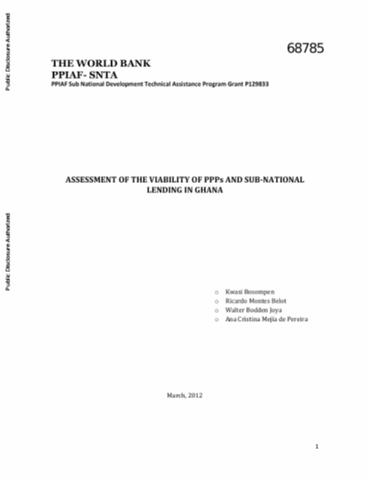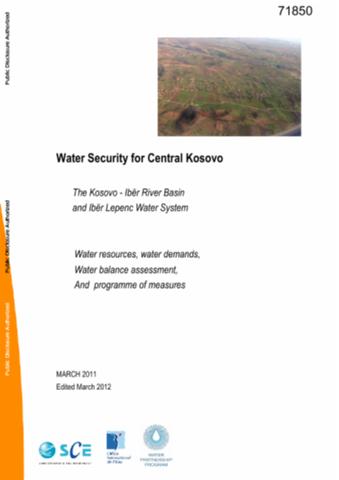Tools for Institutional, Political, and Social Analysis of Policy Reform : A Sourcebook for Development Practitioners
This Sourcebook deals with social
analysis in policy reform, encompassing the transition from
gaining a better understanding of the distributional impacts
of proposed or continuing reform to influencing a more
informed and locally embedded process of policy review and
design. In a generic sense, the term "social
analysis" encompasses institutional, political, and
social analyses. These three overlapping areas, derived from







